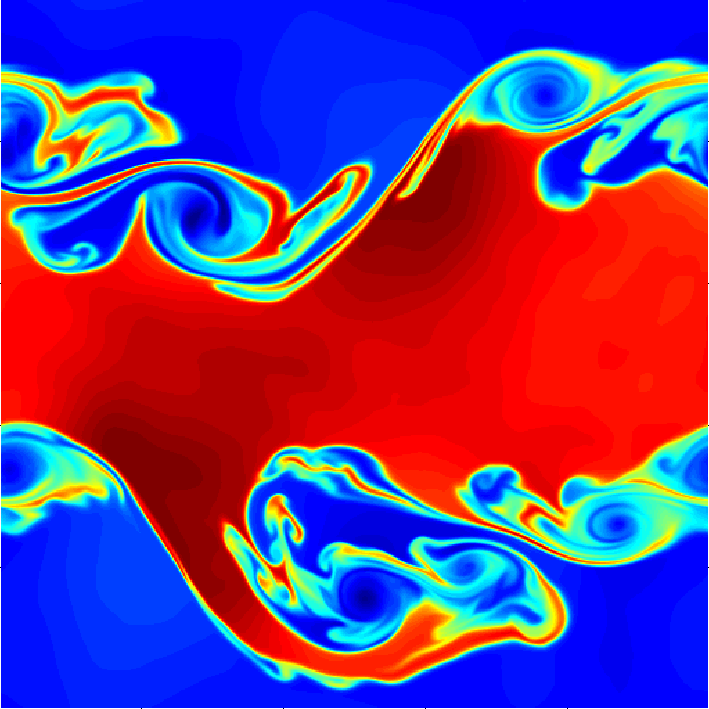Differential Equations and Numerical Analysis (DNA) - Mathematical Sciences
Differential equations and numerical analysis

The DNA group works in the following areas:
Partial differential equations can be used to model phenomena such as gas flow through a pipeline or in porous media, water waves over an ocean or stock prices. Since Isaac Newton's initial studies, this field has witnessed an enormous development, and today practically all laws of nature are expressed in terms of differential equations. Central questions include whether there exists a solution of the equation; whether it is unique; and whether it is stable with respect to initial or boundary data.
Numerical methods of differential equations approximate the solution of a differential equation in a way suitable for implementation on computers. Thanks to advances in the field of numerical methods the past few decades, we have gotten better weather forecasts, safer cars and air planes, and we can predict the impact of tsunamis before they hit the shore.
Optimization theory covers problems where the main interest lies in finding the smallest or largest possible values of a function, given certain conditions. Such problems appear in a large number of physical models (such as minimal energy or entropy principles); medical or geophysical measurements (such as parameter identification or inverse problems); and improvements in the performance of technical or other systems (such as shape optimization).
We also teach a number of courses and offer project and master theses in the above areas.
Partial differential equations, statistics and data: An interdisciplinary approach to data-based modelling. Financed by NFR 2022–2028. Contact: Mats Ehrnström
REMODEL: Research exchanges in the mathematics of deep learning with applications. Financed by HORIZON-TMA-MSCA-SE, 2024–2027. Contact: Brynjulf Owren
PhysML: Structure-based machine learning for physical systems. Financed by NFR 2023–2026. Contact: Elena Celledoni.
Ethiopian Norwegian network in computational mathematics. Financed by NORPART 2021/10167, 2022–2026. Contact: Anne Kværnø.
